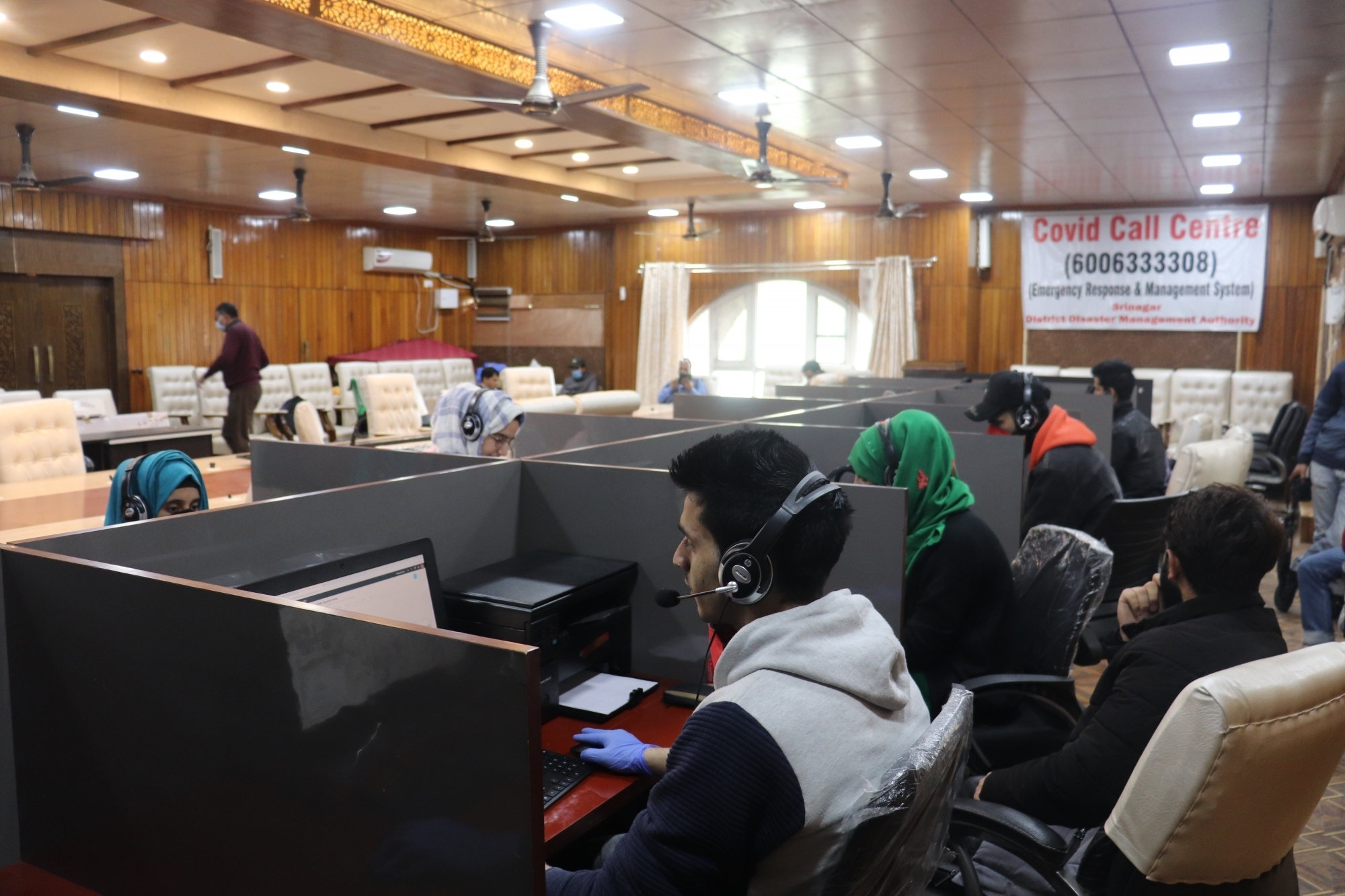Flipkart was founded by Sachin and Binny Bansal while they were working at Amazon. Nasdaq-listed Freshworks was founded by Girish Mathrubootham, while he was still at SaaS rival Zoho. Apparently, history is filled with moonlighters! With Wipro firing 300 employees for “moonlighting”, the debate regarding the morality, legality and propriety of ‘moonlighting’ across rooms and boardrooms is here again.
Moonlight is taking up a second job or other work projects apart from one’s full-time job. With the prevalence of WFH and hybrid mode moonlighting cases have increased. As per Deloitte, 62% of Gen Z workers in India and 51% of millennial workers already work more than one job.
It’s worth highlighting here that this is not something that is unique to India. As of 2019, some 13 million Americans were holding multiple jobs, which is 5% of the US workforce. Over 3 million people in Germany work more than one job, 7.1% of employed 15-74 year-olds in Denmark had two jobs or more during the first quarter of 2022 – almost twice that of the EU average of 3.9%. Moonlighting is not just a recent buzzword, it is as common as your Monday morning coffee.
Remember your school teacher who also took private tuition after school? Remember that dentist from a government hospital who asked you to come to his private clinic time and time again?
Moonlighting is not limited to any particular sector or any particular level. Companies CEOs hold top management positions and also serve as Directors of boards in other companies. But the question we are asking here is “If employees should not do moonlighting, shouldn’t this apply to the Directors and Founders as well? Shouldn’t morality be applied from the top if it has to succeed? Working two shifts have been a norm and we have been okay with that until recently when it is happening among employees who work for celebrated global Tech giants.
With Rishad Premji, Chairman, Wipro calling moonlighting cheating and Infosys shooting off mail saying “No two-timing—no moonlighting!” to C.P. Gurnani, CEO of Tech Mahindra, saying “as long as an employee is achieving the set productivity and efficiency targets, and is not doing anything against the ethics of the company, moonlighting isn’t an issue.” The IT industry clearly seems to be divided in two.
Why Moonlighting?
All this froth and foam compelled us to look at the bigger picture here: When doing one job is hard enough, why are people eager to do two? It’s a no-brainer to understand that it’s because their primary jobs aren’t enough. And the recent layoffs and cutbacks have precipitated the raising insecurities among employees to have a ‘Plan B’. But it’s not the only reason. With the pandemic, we saw a cultural shift where the very idea of work has taken a new avatar. Today’s employee wants more flexibility and is cognisant of how the job fits their personality. They constantly want to upskill themselves and are looking for both pay and purpose from their jobs.
Another reason which has helped in the surge of moonlighting cases is the huge gap between the demand and supply of skilled workers. A survey conducted by PwC revealed that 54% of respondents think that India faces a shortage of skill sets. And the emergence of gig platforms like Fiverr, Upwork etc. gave people an option to monetize their skills.
How Moonlighting could be a blessing in disguise
The first which is quite obvious is people will earn more. Second, India is currently facing a demand & supply problem of skilled workers, especially tech workers. Moonlighting could help close this gap. Studies have found that moonlighting has helped the UK earn 346 billion pounds, and the US earn $1.4 trillion. Thus, promoting side hustles could boost our economic growth. The third which all of us can relate to is getting an opportunity to monetise on our vocation hitherto unexplored, such as the fine arts or the culinary sciences. Another one is quite an exciting one. Studies have found that having side jobs gave workers a sense of empowerment, and the resulting mood boost actually helped people thrive at their primary jobs. That means a win-win for both the employer and the employees.
Moonlighting: Future of Work? Definitely
The IT industry needs to adopt plurality instead of totalitarianism because believe it or not, moonlighting is here to stay. They have to find a middle ground and frame a policy mentioning what’s okay and what’s not and where they draw the line.
If employers are worried about employees not putting in extra effort, they could just introduce an overtime work policy, which would solve both the moonlighting issue and the productivity issue in one go. And as far as confidentiality breaches are concerned embracing a policy like Swiggy would help. Swiggy said employees are free to work on their projects after working hours as long as it did not affect their productivity and was not in a conflict of interest. That is, you can’t be working in the Swiggy and then moonlighting at Zomato. Which seems fair enough. Employers approving or disapproving of potential side gigs will ultimately help build trust with employees. Moreover, tracking employees’ side hustles could also wary management about employees that are willing to go the extra mile and could give them additional projects for extra pay. This could also be a friendly reminder for the Indian government to formulate a proper moonlighting policy. Indian Labour Code has adopted the provision for a 4-day workweek. Perhaps it’s also the time to incorporate the idea of having multiple jobs and give it a legal structure. Moonlighting may sound like a minor peccadillo today, but who knows, it could well end up as part and parcel of a ‘New Work Normal’ tomorrow!
Rajesh Mehta is a leading International Consultant in the field of Market Entry, Innovation & Public Policy. Prerna Mishra is an intern at Invest India, Ministry of Commerce & Industry, Government of India.

